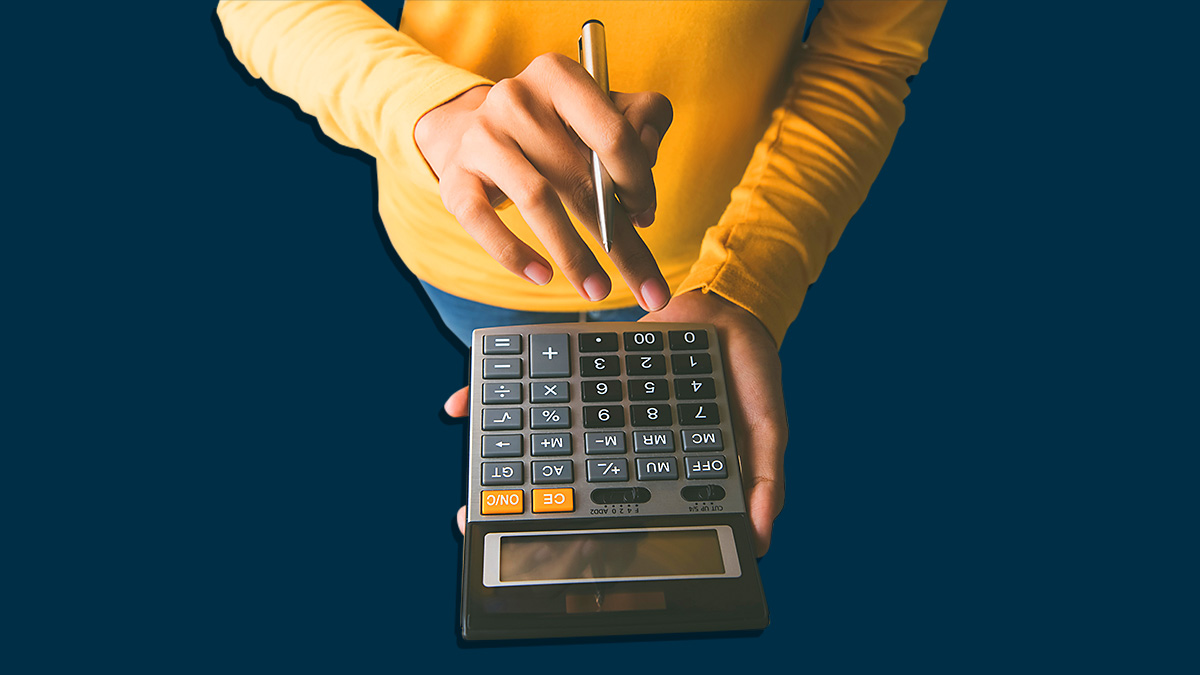Get our independent lab tests, expert reviews and honest advice.
COVID-19 and your super: what should retirees do?

Need to know
- COTA, the peak body for older Australians, says retirees should seek advice before changing their super investments
- The organisation says older Australians shouldn't take their money out of super in response to COVID-19
Most people don’t need to do anything with their super in response to the COVID-19 virus.
If retirement is still some way off, the advice is to ‘stay the course’ and wait for the share market to recover.
Those who have retired or are approaching retirement, however, may want to consider their options. There are many more factors to weigh when nearing retirement, and your balance size, time until retirement and expenditure will all play a big part in planning.
Pros and cons of creating a ‘cash buffer’
Some people may be in a position to build up a ‘cash buffer’. This is a portion of your savings that is walled off from the ups and downs of the share market.
In the short term, money moved into your super fund’s cash investment option will not suffer losses like we’re seeing on the share market at the moment, but it will grow only very slowly.
Any super you invest in a cash account might not keep pace with inflation, so you could still lose a small amount of money in real terms.
Most people don’t need to do anything with their super in response to the COVID-19 virus
Moving to a more conservative investment option such as cash can also lock in your losses and mean you don’t benefit when the market recovers, so it may not be a suitable strategy for anyone who has some years to go before they retire.
Industry Super Australia has stated that during the global financial crisis (GFC), people who moved their money from an average balanced industry fund into cash in March 2009 were $13,800 worse off after a year and $34,800 worse off after five years.
This highlights the greater potential for balanced super accounts to earn more in the long-term as the share market eventually recovers.
How have Australian shares performed compared to cash?
$50,000 in Australian shares invested in 2000 would have grown to $263,290.68 by 2019.
$50,000 in cash invested in 2000 would have grown to $117,212.34 by 2019.
Data from Vanguard Asset Class Tool.
Should retirees take their money out of super in response to COVID-19?
It would be easy to see the headlines about super balances shrinking because of the pandemic-related market downturn and think you should take your money out.
Ian Yates, chief executive of peak body for older Australians COTA (Council on the Ageing), says this is not the answer. He points to the experience of retirees in the great financial crash. “One of the tragedies of the GFC was that people crystallised their losses by taking their diminished funds out of super,” he says. “They then had no way of growing them back. They also lost the tax advantages of being in super.”
Any money invested in a bank will earn historically low returns. This income may also be taxed at a higher rate than superannuation.
The really critical thing is if it’s in super, keep it in super
Ian Yates, chief executive of COTA
“The really critical thing is, if it’s in super, keep it in super,” says Yates. “Even if you crystallise your loss by moving it into a cash option within super, you can later move it back into a growth fund. If you move it out of super, you may not be able to put it back in again.”
Understanding risk levels in your super
The right risk level for your super will depend on your age and how close you are to retirement. These are the broad categories of risk:
Conservative: Mostly or all cash. Low returns in the long term.
Balanced: Shares, fixed interest options, other asset classes (e.g. property, infrastructure), cash. Higher returns in the long term.
High risk/high growth: Mostly or all shares. Highest returns in the long term.
Understanding the risk level in your super
“Every super account has a different risk level, but this concept isn’t always understood,” says Xavier O’Halloran, director of Super Consumers Australia.
“There’s a spectrum of super investment options available from the lowest risk (cash) through to balanced options (generally a small amount of cash, some shares and other asset types) and to high risk (which are mostly or all shares).”
The basic idea is that younger people, far from retirement, can invest their super in more high risk/high growth options. Their investment will experience more ups and downs, but they’ve got time to ride them out in exchange for a better overall return.
Older Australians who have already built up their nest egg may be aiming to consolidate what they have and a low risk/low reward option may be more in line with their needs.
People who are retired or approaching retirement who move their super into a cash or more conservative option will be nowhere near as affected by COVID-19
Ian Yates, chief executive of COTA
“There are a fair number of people who are retired or approaching retirement who do move their super into a cash option or more conservative asset options,” explains Yates. “Those people will be nowhere near as affected (by COVID-19) because equities will be a much smaller proportion of their super.”
If you’ve never changed your super investment strategy since you were first set up in a fund, you’re probably in a balanced option.
Balanced super options are diversified, investing in a range of assets along with shares. This means if the share market goes down 25%, it doesn’t automatically mean your super goes down 25%.
Another point to consider here is that some super funds offer ‘lifecycle’ products. These automatically move your super into a more conservative strategy as you approach retirement. If you’re a retiree or nearing retirement and you’re not sure whether you’re already in a conservative strategy or a lifecycle product, your super fund can help you with this.
How you can allocate some of your super into a cash buffer
Many super funds let members make changes to their investment allocation online.
While the process of moving your super into cash is generally an easy process, it’s important to understand the implications. Remember that whatever portion of your super is in cash will only grow very slowly over the long term.
Yates says older Australians should seek advice about any changes to how their super is invested. “The first advice is to talk to your fund,” he says. “Don’t take unilateral action without getting some information on options and their implications from your fund.”
Don’t take unilateral action without getting some information on options and their implications for your fund
Ian Yates, chief executive of COTA
If you’re approaching retirement and you do decide to create a cash buffer, some experts suggest walling off two or three years of living expenses in your nest egg. To determine your living expenses, you can use ASIC’s Moneysmart free guide to track your spending. Our tips on how to find good budgeting software may also be useful.
Once you know your living expenses, work out how much you’ll receive from the pension. Moneysmart offers a pension calculator.
Whether building up a ‘cash buffer’ is the best strategy will depend on your age, whether you’re still working and how much you have in your retirement savings.
With this in mind, we recommend you get advice from a ‘fee for service’ financial adviser before making this change. CHOICE has developed a guide to finding the best financial adviser.





